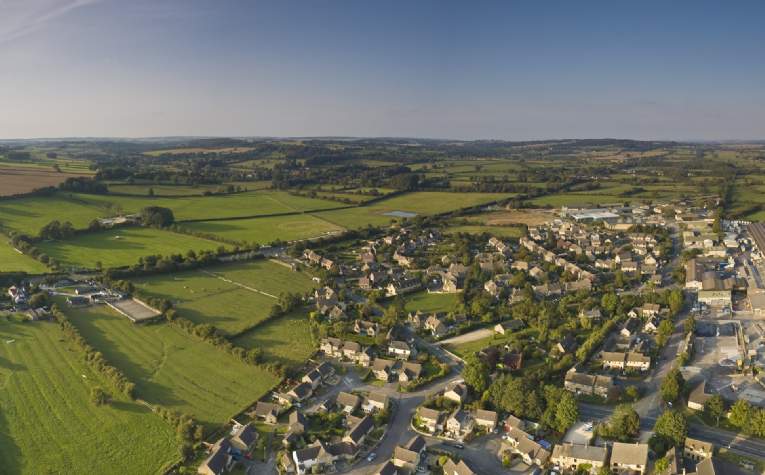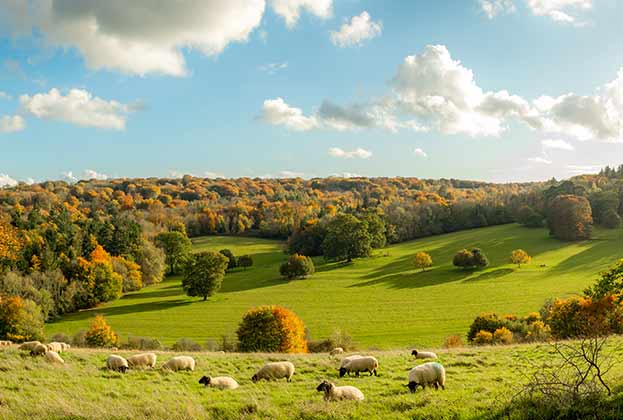Farmland in the UK and other parts of the world has a strong history as an alternative asset class for investors. Long-term stable growth and hedging benefits against a number of other investment types have renewed interest in this asset, particularly over the last decade.
Globally speaking, demand for high quality farmland has pushed average values higher as investors position themselves to benefit from the need to feed a growing population. In the UK, however, there has been a natural correction in the market following substantial price rises in the decade to 2014.
Over the same period, as the effects of Brexit talks, global trade tensions and political uncertainty have emerged, currency movement has created some interesting anomalies with respect to investing in UK farmland.
Say, for example, an investor bought a 500-acre arable farm for £4.465 million five years ago (Q2 2014). The market value of that same property today would be £4.116 million, reflecting a 7.8 per cent decline in average farmland values during the five-year period.
By overlaying the effects of currency on this scenario, the results are far more significant. An overseas USD investor would now get 44.3 per cent more land for the same investment compared with the peak of the market in 2014. A EUR denominated buyer would gain 20.7 per cent more in acreage.
While the fundamentals of land ownership in the UK remain strong, we expect the currency play to attract a wider range of overseas buyers to the domestic land market.
.jpg)
.jpg)
.jpg)

.jpg)
.jpg)
.jpg)
.jpg)
.jpg)
.jpg)
